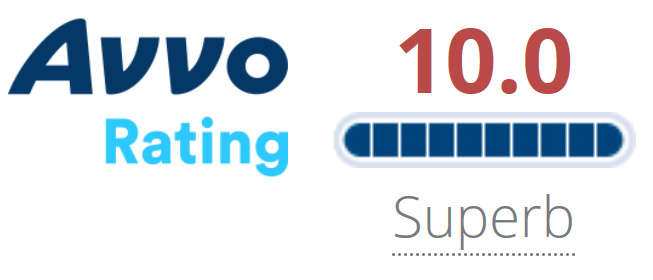Providing Legal Information Regarding Your Property Rights
Like many other states, Texas if a community property state. This legal fact will affect your rights during the division property owned by you and your spouse during divorce.
In community property states, property that is acquired during a marriage is considered part of the marital property or part of the community that was created by the marriage. The property therefore belongs to both spouses. Upon divorce, then, that property must be divided.
In contrast to community property, separate property belongs to just one spouse. Because the other spouse has no legal interest in separate property, separate property does not have to be divided.
Because community property and separate property are handled differently during divorce, it is important that property, especially high-value property and, sometimes, property of sentimental value, be correctly classified.
If you have questions regarding your property rights in a pending divorce, contact the attorney team of the office of Len Conner & Associates. We can work to protect your property by asking key questions and investigating the history of specific property. For example:
- Was an asset owned by just one spouse prior to the marriage?
- Did a spouse receive an award in a personal injury lawsuit during the marriage?
- Was an asset inherited during the marriage by just one spouse?
- Did a spouse receive an asset as a gift during the marriage?
- Was separate property at all “co-mingled” with community property during the marriage?
We draw on decades of legal experience focused on family law and work with financial planners, private investigators, tax advisors, and other professionals when necessary to advocate for clients’ property rights during divorce. Our record includes hundreds of cases in which we successfully achieve the property division goals of clients during divorce. For more information and to schedule a consultation regarding divorce law in the Irving, Texas, area, contact Len Conner & Associates by calling (972) 445-1500 or (817) 288-4168 if you’re in the Dallas / Fort Worth Area. Call us toll free at 1 (877) 613-5800.




